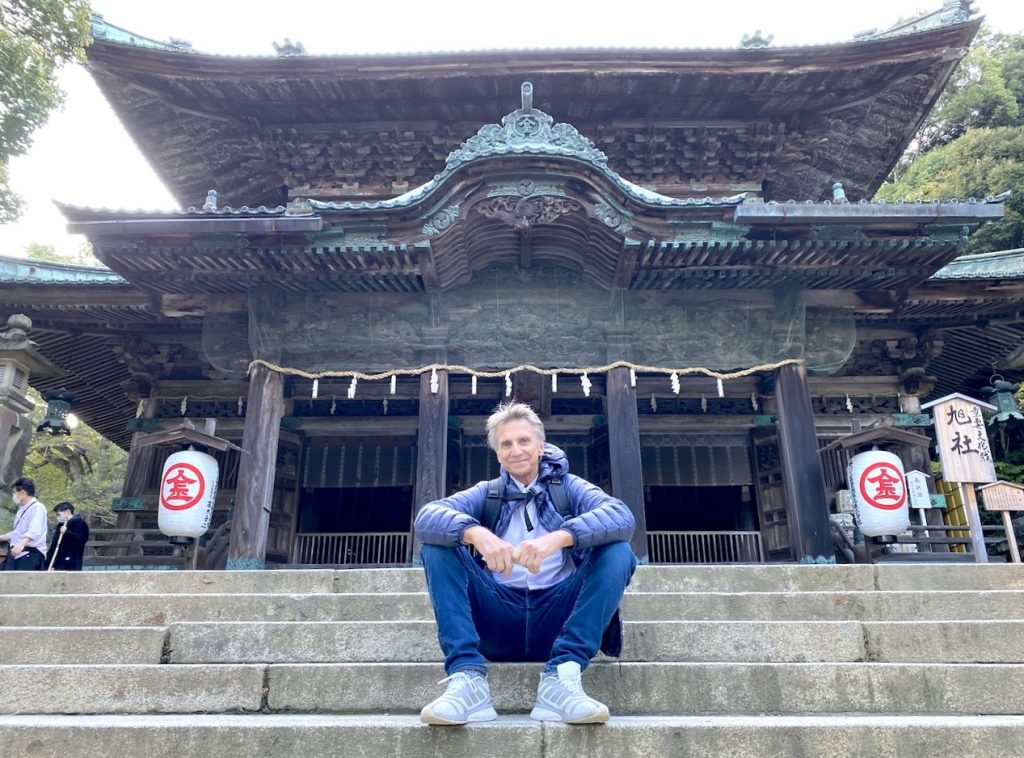
Okay … the title is hyperbole. No religion is actually fun. Most seem preoccupied with scary demons, suffering, sacrifice, gnashing, weeping, incantations, uncomfortable positions, and men dressed in funny clothes.
But at least some Buddhists have a sense of humor!
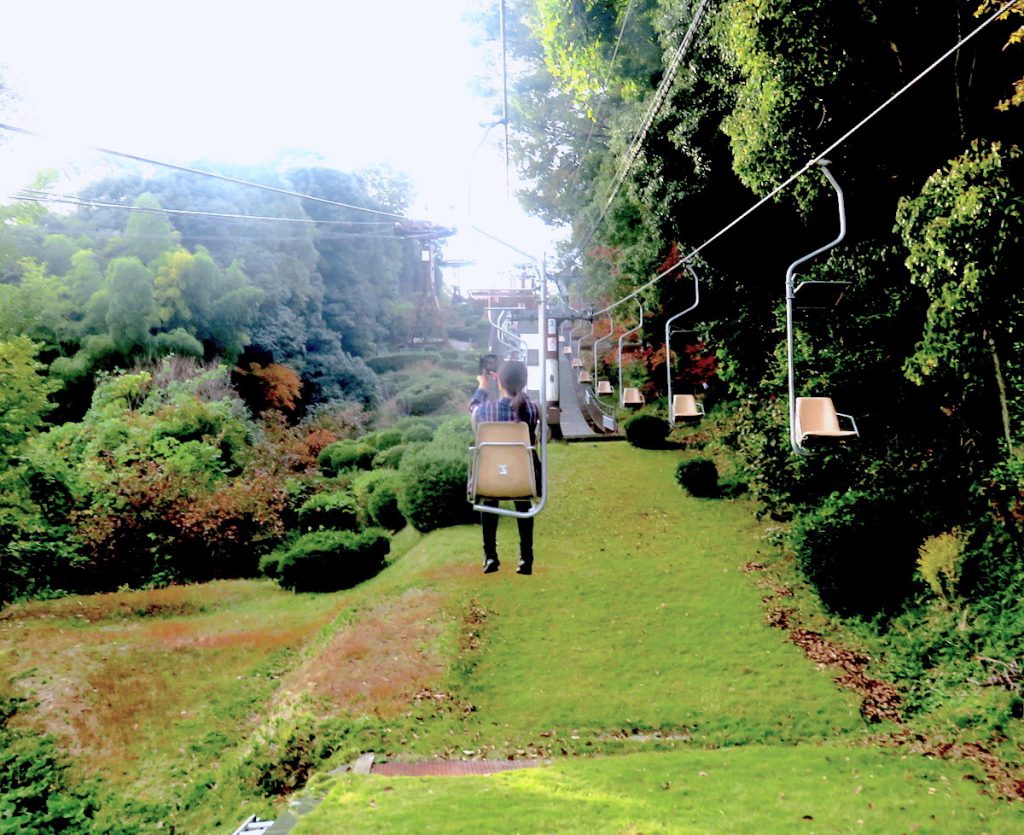
My lovely wife, Masumi, arranged a three-day holiday this past weekend to Shikoku. We ate great noodles — Shikoku is the world udon capital — visited shrines and temples, saw some spectacular landscapes, and were taken by surprise and incredibly charmed by the island’s largest city, Matsuyama. There we ate local cuisine at an area restaurant, walked the streets and visited the shopping arcade, a feature which is part of every decent-sized Japanese city. We spent the better part of an afternoon at Matsuyama Castle, one of the biggest in Japan, and from my experience to date, the most spectacular in every respect. It’s over 500 years old and its sprawling compound sits on a hill overlooking the city.
The castle was phenomenal but the high-point — literally — of our very short trip for me personally was our visit to the sprawling grounds of Jizou-ji Temple. It’s located in Itano, Tokushima Prefecture, Shikoku (the northeast region of the island, shortly after crossing the bridge from Awaji). Mind you, this temple was founded over 12 centuries ago and even has a big, knobby gingko tree which is over 800 years old. I suggest it was the high-point because it is situated on top of the highest mountain in the area, requiring us to to take a ropeway lift just to get within hiking distance.
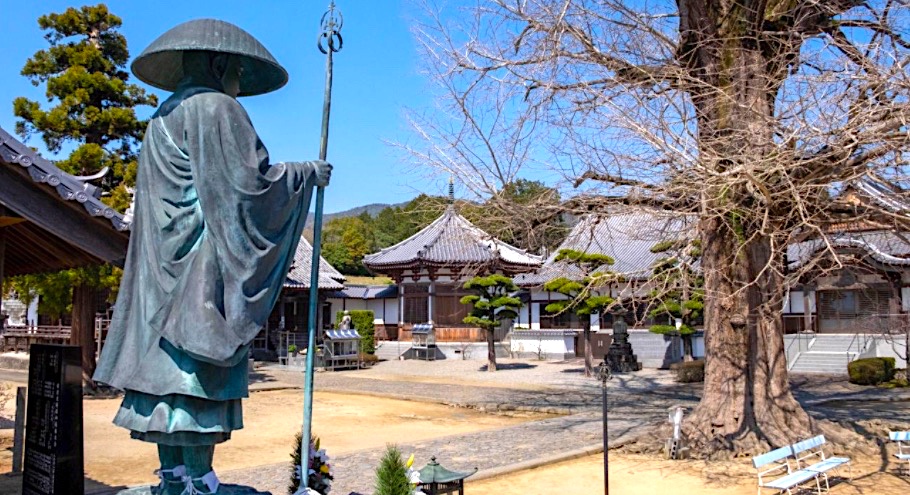
What makes this temple truly unique are the 500 life-sized statues of 500 arhats. These men are enlightened followers of Buddha. None of them have hair.
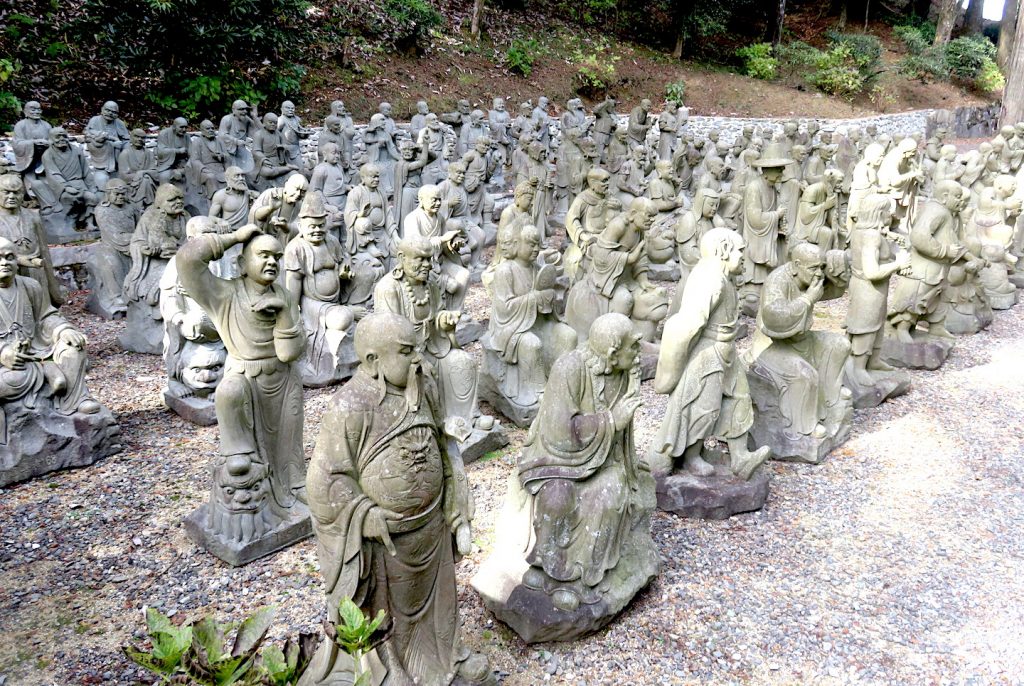
It seemed that just about every human emotion was on display, so I asked Masumi what exactly the point of this holy menagerie was. She explained that they were expressing the entire range of possible reactions to the idiocy of human behavior: their disbelief, shock, disapproval, bewilderment, disdain, disgust, mockery, denial, their resignation, horror, pleas for sanity, hope for improvement, futile escape from the undeniable truth.
These statues line the walkways, peak out from behind trees, sitting, standing, kneeling, offering their take on human folly and the ridiculous mess we tend to make out of things. You can see for yourself, their expressions are priceless.
As grim as many of them might appear, frankly it was impossible to not see the humor in the enterprise. A huge dose of irreverence tossed in with requisite piety.
This is sure a far-cry from the “religion” I got when I was growing up. Of course, this is a subject for a multi-volume tome — probably the most boring memoir ever written — but suffice it to say I grew up Catholic, even went to Catholic school for six years, under the tutelage of female sado-masochists, aka nuns. There are only two emotions entertained by Catholicism: shame and fear. I will confess, as the class clown for my elementary school, to at least trying to generate some comic relief. Which only lasted until either I was beaten with a ruler or long wooden pointer, or sent to the torture chamber of Mother Superior, the school’s official Reichsführer and final solution disciplinarian.
I realize there’s a pandemic destroying the economies, families and communities across the planet, but you’d be hard-pressed to find evidence of it here in Japan. People are out and about having fun. Most of them are Buddhists. Some of them are just wild and crazy.
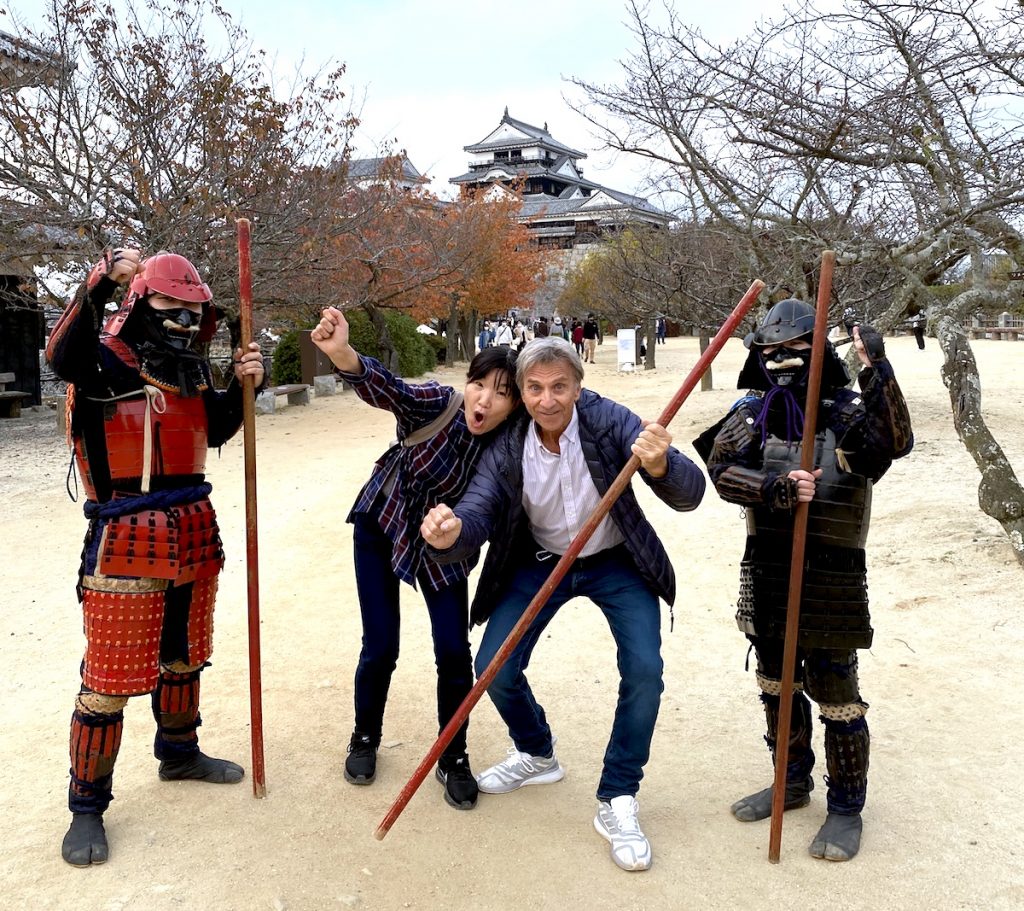

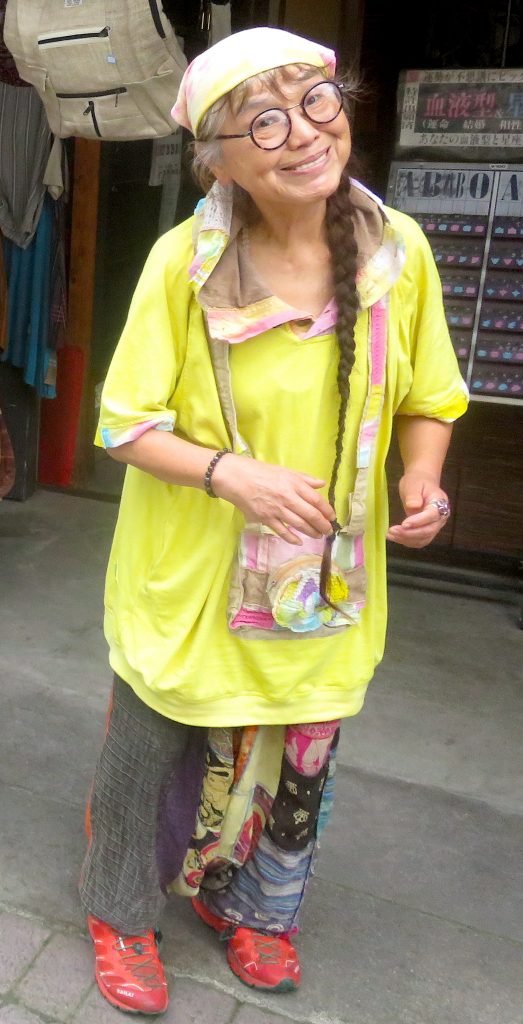
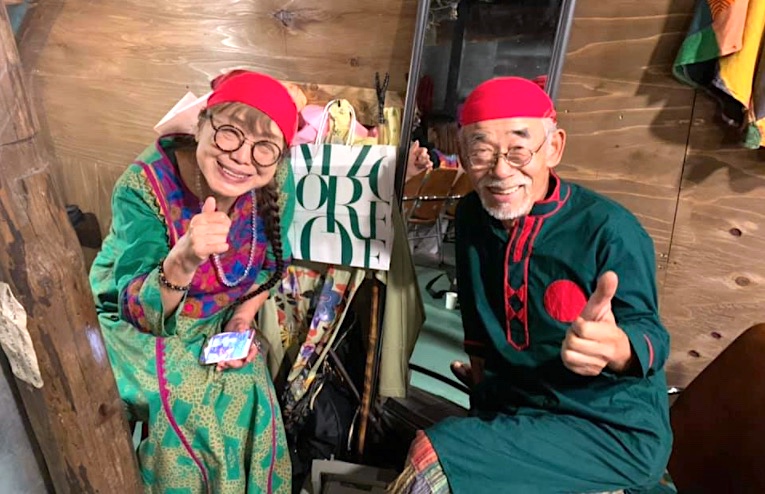

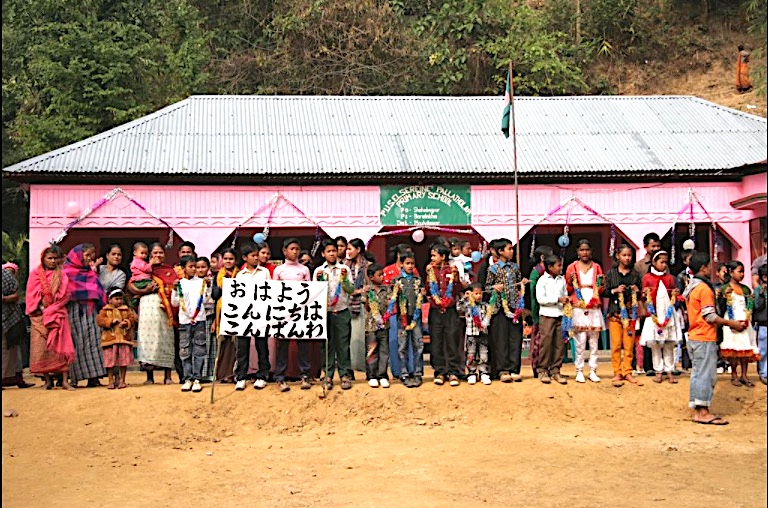





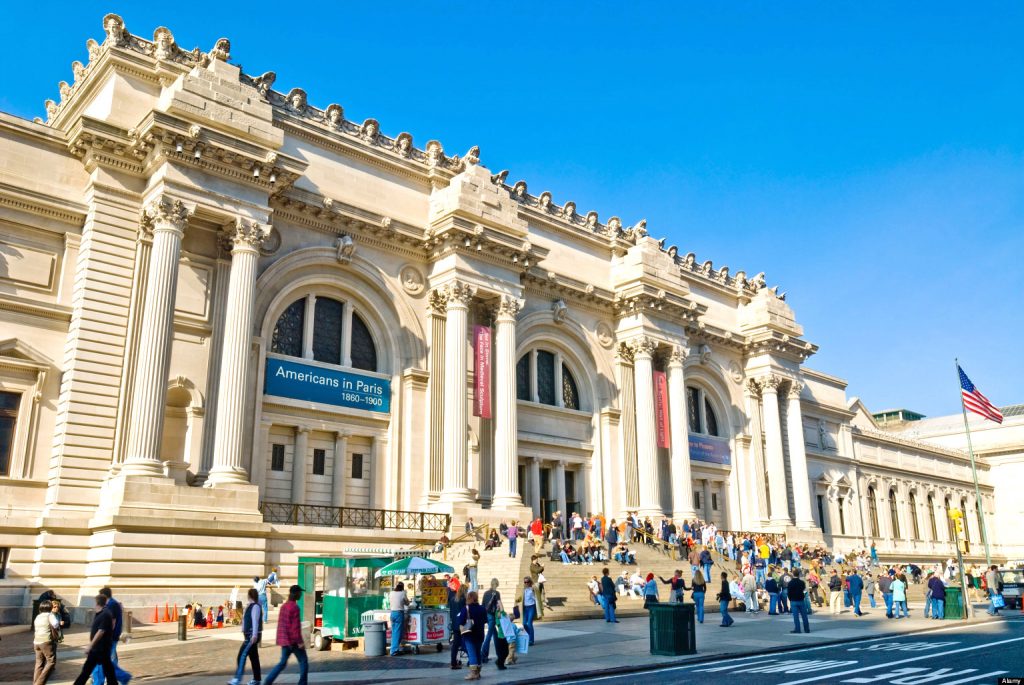
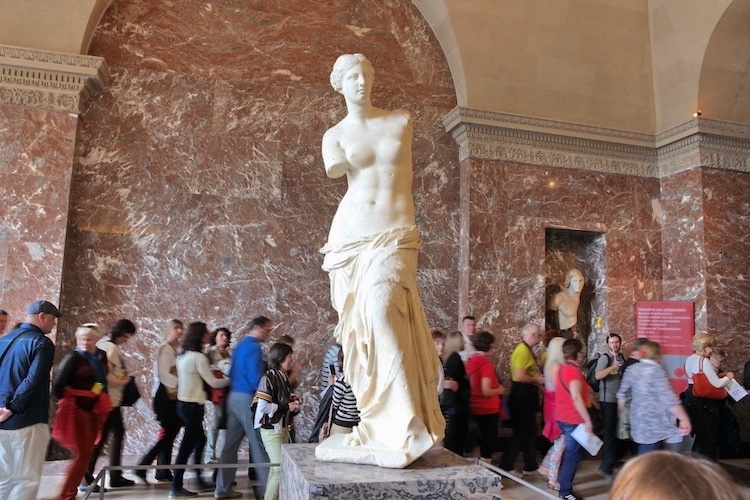
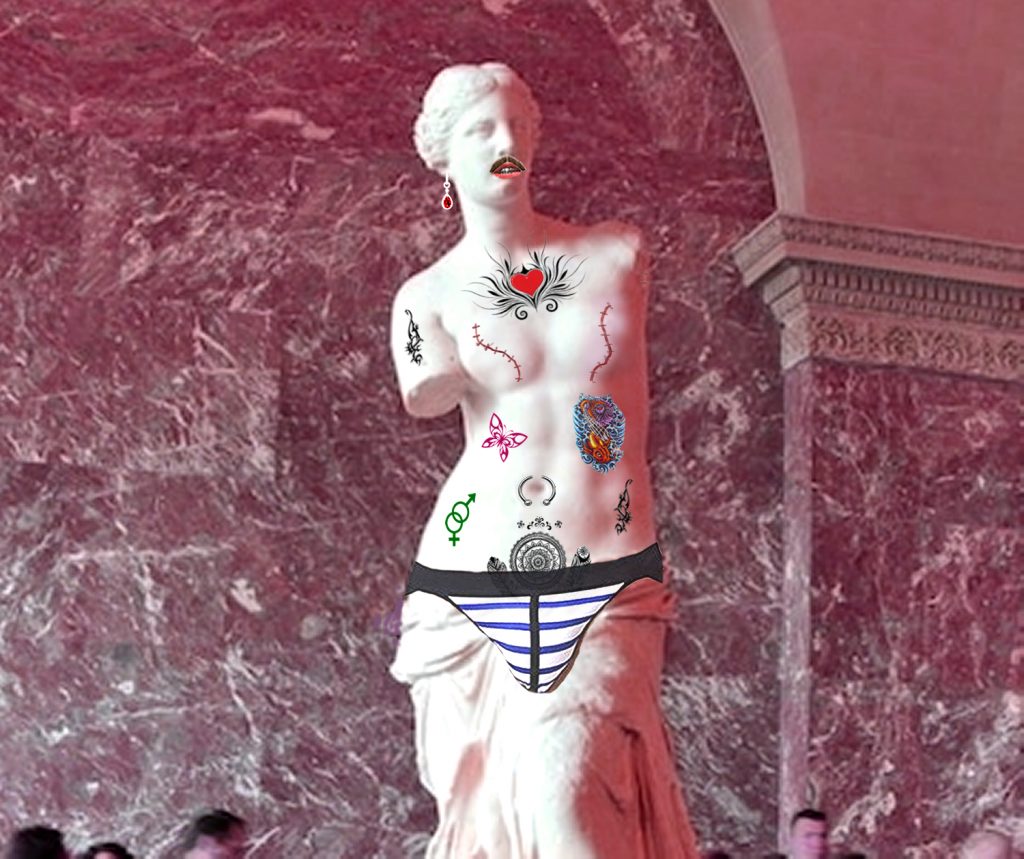

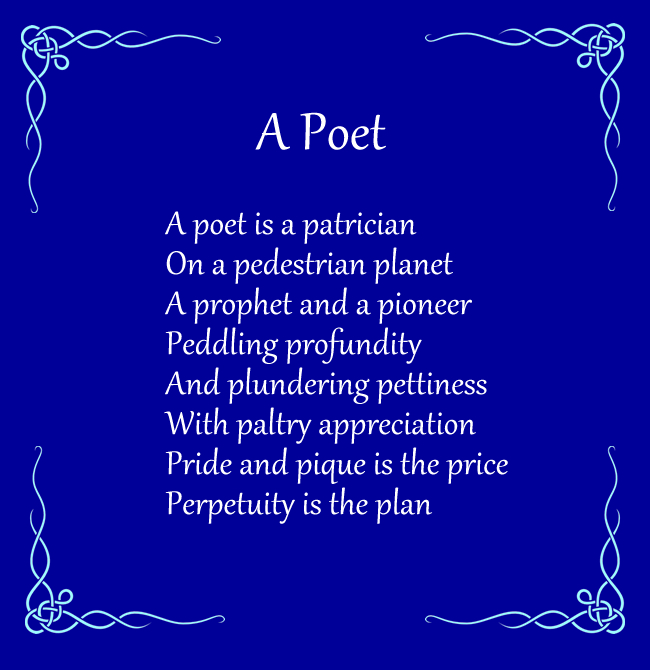
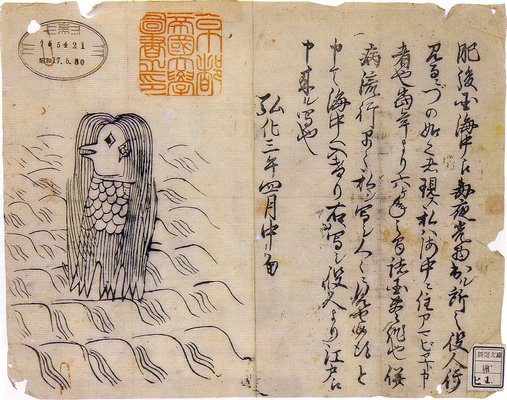


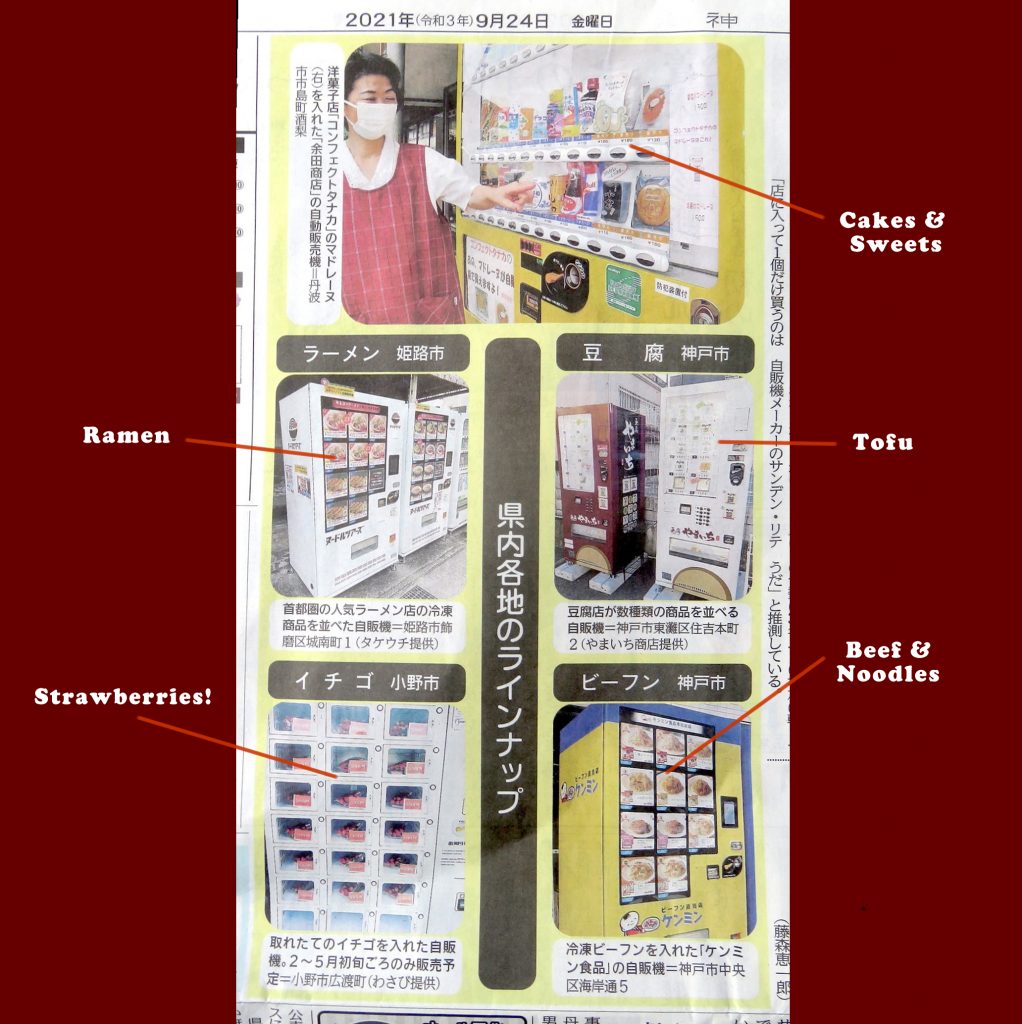
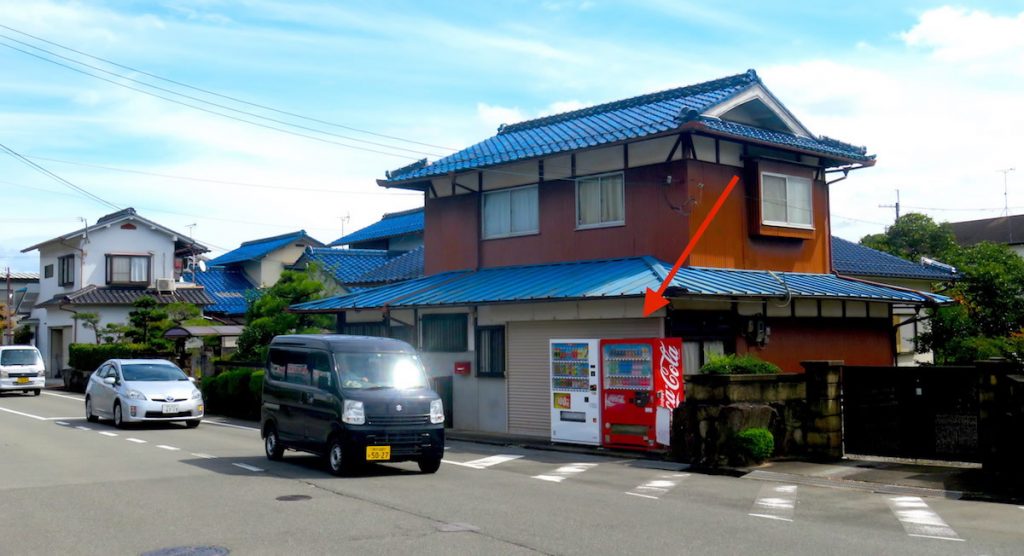
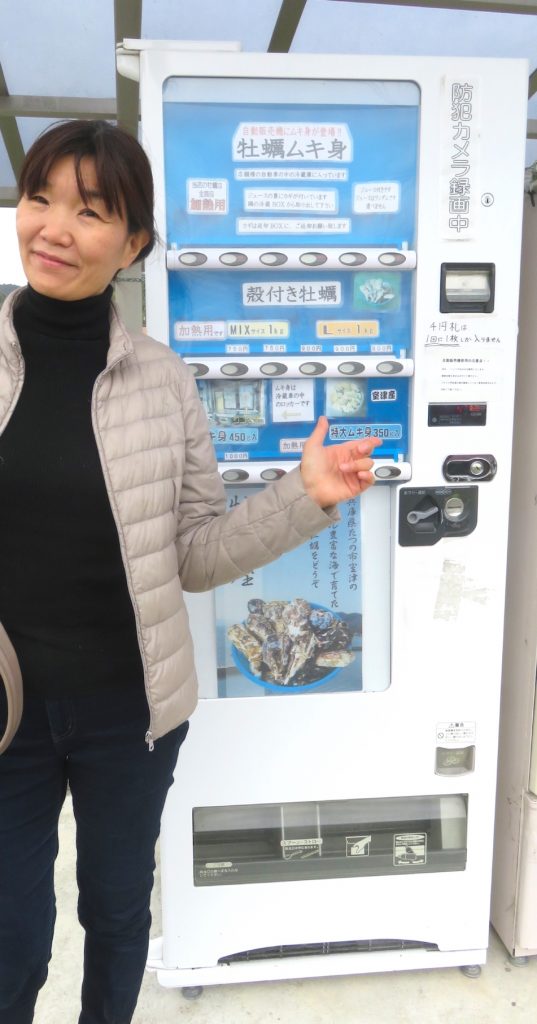
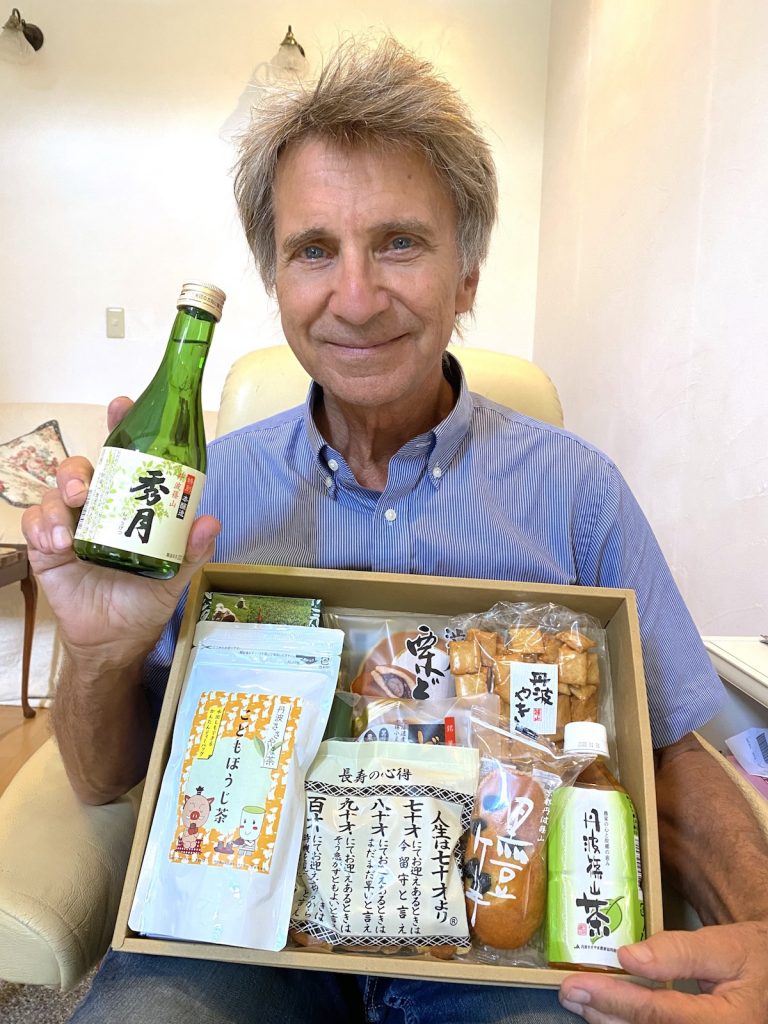
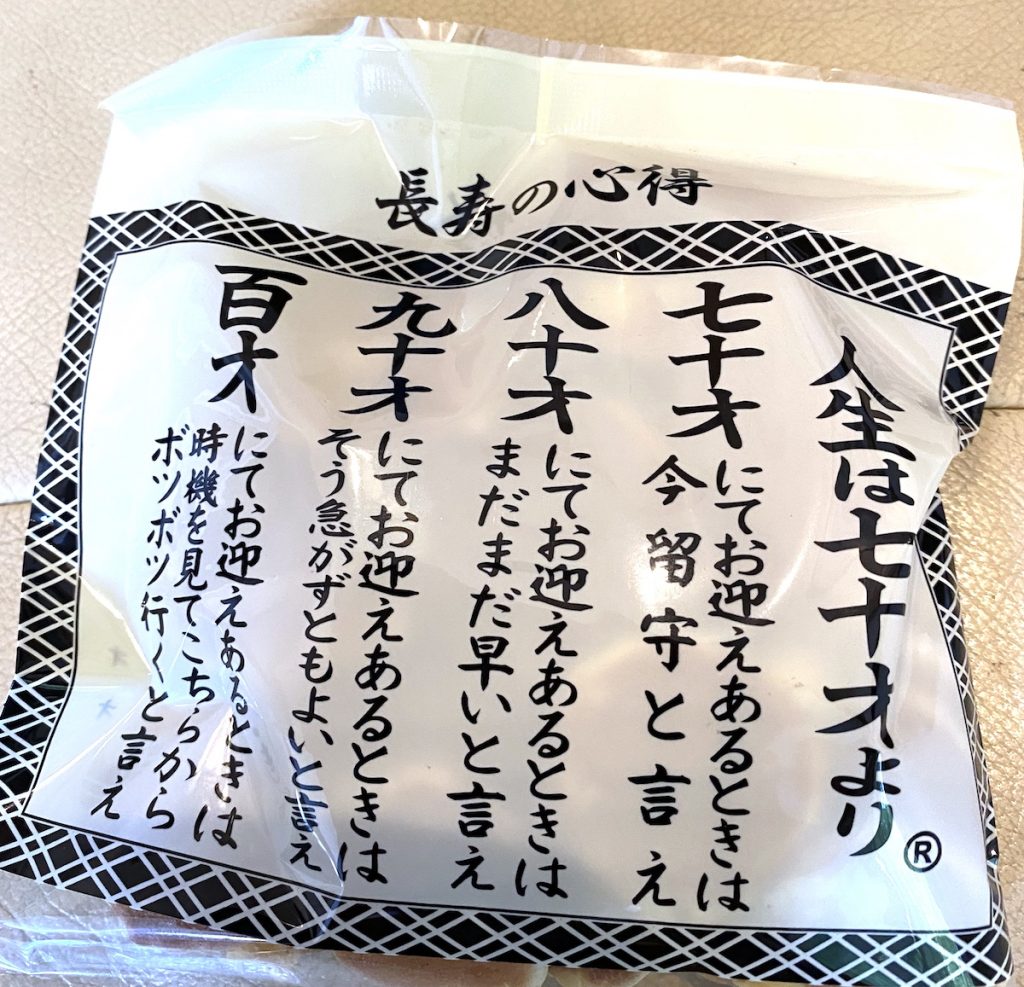

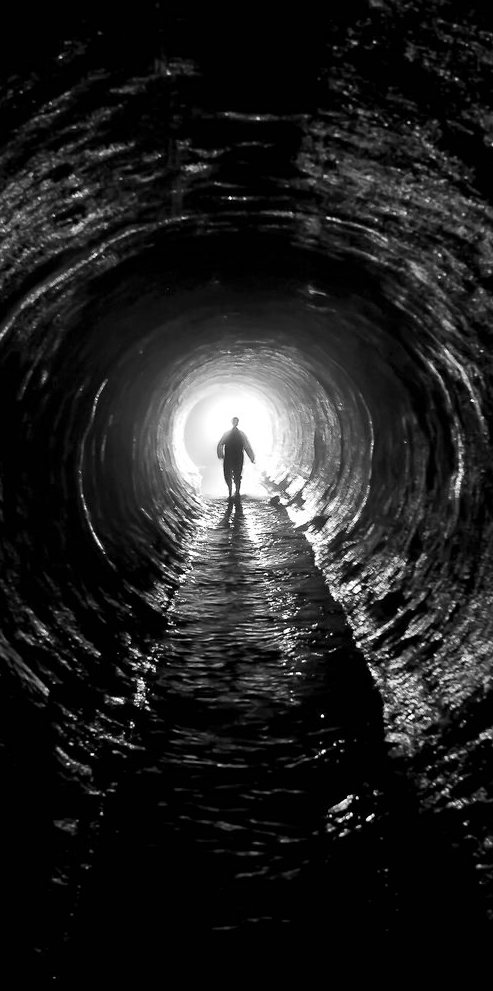





COMING SPRING 2022!
Are you ready?
Love Connection: Romance in the Land of the Rising Sun is unlike any love story you’ve ever read. Set in Japan and East Africa, it is based on real events.
Arriving this coming spring. ARCs will be available in February 2022. Pre-orders will begin in April.
This is from the Author’s Closing Personal Comment at the end of the book:
As a society, the Japanese people may be the most honest in the world. There are legendary stories of individuals forgetting their wallets, handbags, computers, shopping bags, leaving them in plain sight in highly-trafficked public places. They return hours later and their valuables are right where the left them. Or have been turned into the police, everything still there, even credit cards and cash. We expect of others what we see in ourselves. Meaning, Japanese trust others because they themselves can be trusted. The problem is that this level of integrity can backfire when confronting others who are not so morally sound. It can be extremely destructive at every level when manipulated to personal advantage by individuals who are cunning, ruthless, sociopathic.